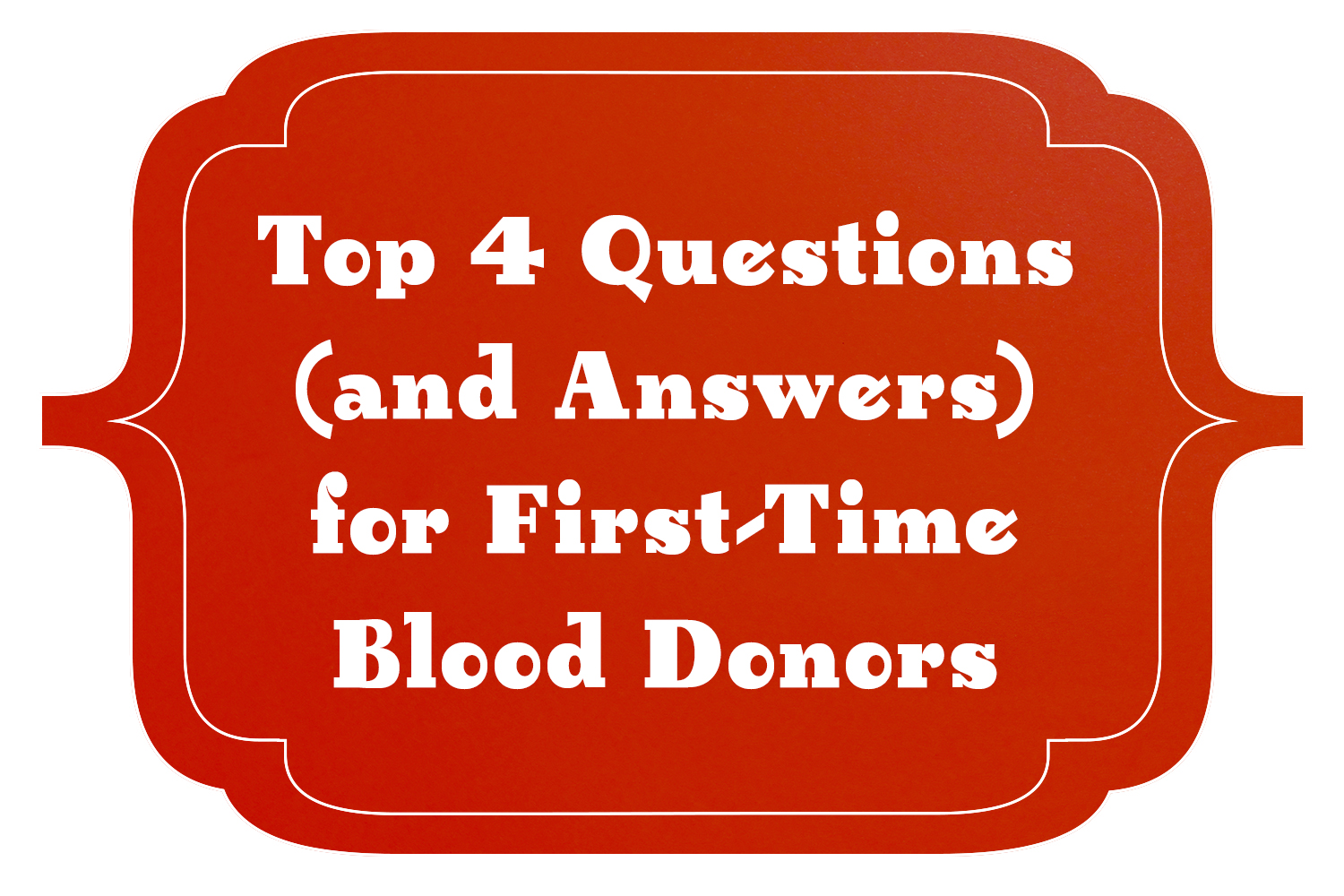
Content contributed by QualChoice Health Insurance.
Every day, thousands of people across the country being treated in hospitals and emergency rooms need blood transfusions. For those who have lost a significant amount of blood, or whose blood lacks certain important components and needs them substituted, getting blood quickly can prevent further health complications. That’s why it’s important to donate blood. According to the CDC, there are 13.2 million blood donors in the U.S. If you have never donated blood before but are interested in learning more about it, plenty of resources are available online.
In the meantime, here are some frequently asked questions and answers about donating blood.
Do I have to wait for a blood drive in my area?
The answer is not necessarily. Organizations like the Arkansas Blood Institute are available to take blood donations by appointment. Visit.Arkbi.org for appointment scheduling and other information.
How do I know if I am healthy enough to give blood?
The FDA regulates and controls blood donations and the blood supply in the U.S., and has created a detailed screening test required before donating blood. After this screening, you will know if you are able to give blood. If you have an infectious disease (like HPV, hepatitis, HIV, etc.) or are taking medications that affect your blood in any way, you are ineligible to give blood. Other conditions that exclude you from being a blood donor are the flu, a cold or other viral illnesses, low iron count or recent travel outside the country,
How can I make donating blood as easy as possible for my body?
It is recommended that you eat something before going in, and make sure you are well hydrated. Eat iron-rich foods before your donation appointment.
How is COVID-19 affecting blood donations?
While COVID-19 remains the top public health concern, blood donations are still crucial to helping those in need. However, those who have tested positive for COVID-19 in the last fourteen days are ineligible to donate. The Red Cross tests all blood, platelet and plasma donations for COVID-19 antibodies. The FDA has announced that if you have received the Pfizer or Moderna COVID-19 vaccine, you are still eligible to give blood, but not plasma.
For questions about eligibility for blood donation, call the American Red Cross at 1-800-733-2767.
Visit QualChoice.com for more health and fitness tips.
All source information courtesy of the Centers for Disease Control and Prevention (CDC), the American Red Cross and the Food and Drug Administration (FDA).


